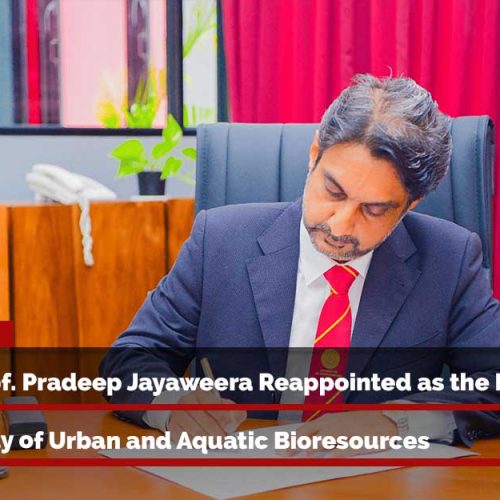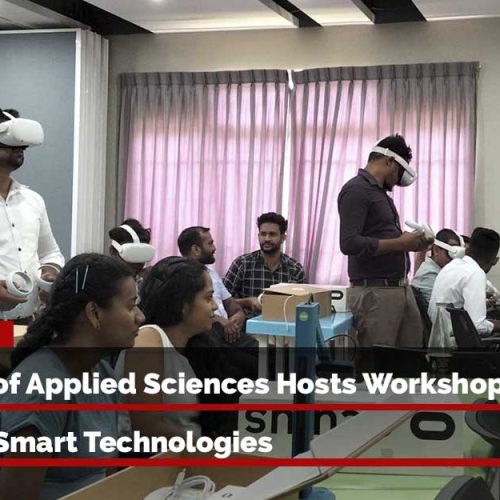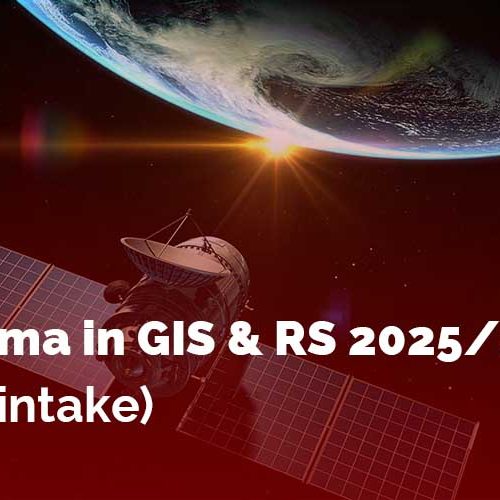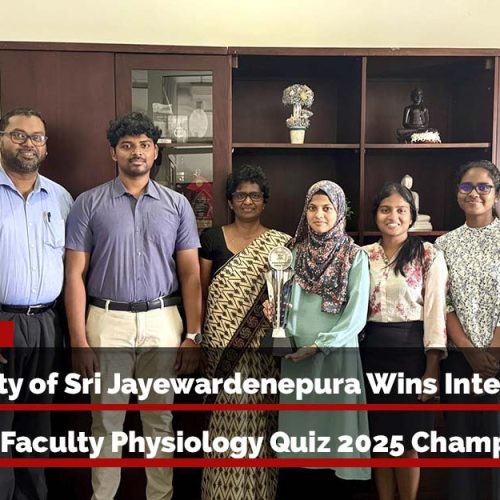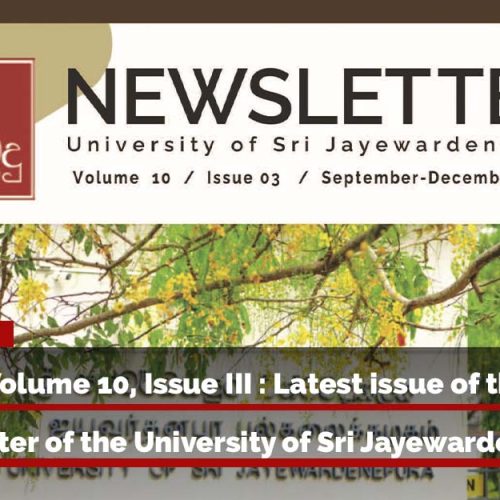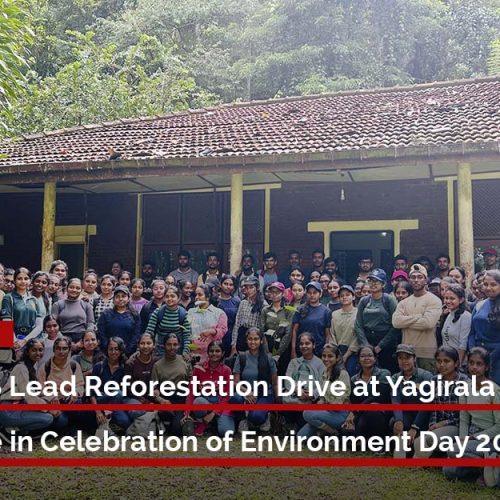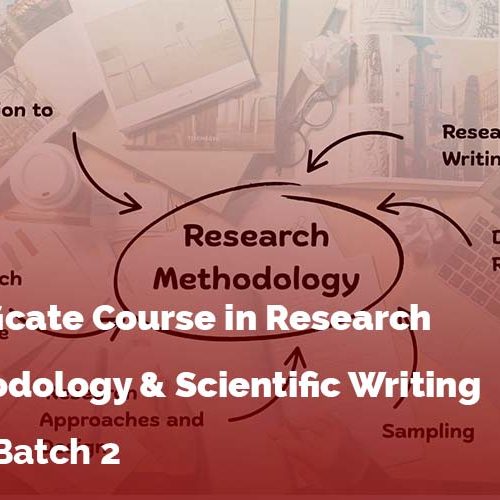The budget should discourage environmental pollution/ degradation/ unsustainable lifestyles and encourage environmentally sound development/lifestyles/practices said Prof Hemanthi Ranasinghe, Professor in Forestry and Environmental Science, University of Sri Jayewardnepura. This could be done through imposing taxes, providing tax holidays/reliefs etc. As much as for the new developments, funds need to be allocated for maintenance of infrastructure in all the fields.
Media briefing was organised by CAFFE
Prof. Hemanthi Ranasinghe expressed her views at a media briefing organised by CAFFE (Campaign for Free and Fair Elections) with the facilitation of its Executive Director, Mr Keerthi Tennakoon.
The Panellists and their focus for the briefing were as follows;
Myself – Prof. Hemanthi Ranasinghe – Environment
Mr Mano Thiththawella – the former Advisor to President and CEO, EAP Group – Business
Mr. Chris Tilaka –Sri Dharmakirti, Chairman, National Ocean Affairs
Committee – Banking and SMEs
Mr Ajith Amarasekera – CEO, Swarnamahal – Consumer Affairs

Main areas of focus
The main areas of focus are power and energy, transport, industry, sustainable housing and lifestyles, waste management, agriculture, land use and forestry. Adoption of the environmental and climate change concerns into national and sectoral plans and programs is mandatory.
Strategic Environmental Assessments had been conducted in certain Provinces of the country and need to be conducted in all the Provinces. They use the physical, biological, socio economic and cultural attributes and potential and zone the areas into their best land use type including conservation and development. These findings need to be properly incorporated into the National Physical Plan and all the other sub national and sectoral plans to enable planned development avoiding haphazardness.
Energy
With regards to energy, it was stressed that rather than resorting to an
environmentally unsustainable option like coal, less polluting alternatives
such as natural gas need to be strongly promoted while working on achieving
the target of 20% of the energy demand to be met by renewable resources by
2020. The attention on solar energy as grid connected solar, solar homes and
net metering using roof top solar need to be enhanced significantly. Tax
reliefs and cost reductions need to be done to encourage investors as well as
home owners to produce solar energy. Biomass also needs enhancement
significantly.
Sustainable Transport
With regards to sustainable transport options, mass transit systems need to be
encouraged further while discouraging the single user vehicles. With regards
to the former, the present public transport need to be significantly improved
by way of introducing more public buses, Bus Rapid Transits which would
travel on dedicated lanes on the road, Monorails/ improving the railways,
improving the water transport where feasible. Incentives need to be provided
for car pooling and more public car parks and shuttle buses need to be
introduced. The import taxes of vehicles with reduced GHG emissions such
as electric vehicles, hybrid vehicles etc. need to be reduced so that they
would be more affordable. The tax policies need to be consistent.
Industry
With regards to the Industry, green industries need to be promoted using
facilitation and imposition of penalties for mal practices. ‘Polluter Principle’
which was reintroduced after the Coca Cola incident need to be consistent.
For the industries with low ecological footprints tax wavers and other
monetary benefits need to be provided. For the goods which produce
hazardous waste a tax will be imposed to the product and this difference will
be credited to a separate account either in Central Environmental Authority or
Ministry of Mahaweli Development and Environment and will be used only for
encouraging environmentally sound operations.
Household and commercial sector
With regards to the household and commercial sector, emphasis should be on
adopting environmentally friendly technologies which promotes sustainable
development while conserving the resources. The ban of polythene for
consumer use need to be consistent and production of alternatives need to be
further supported. Revision of the building codes to include environmental
and climate change concerns such as having roof top solar, rainwater
harvesting, recycling and reuse of water, inclusion of waste management
equipment as appropriate etc. The energy labelling in all appliances need to
be further promoted.
Agriculture
With regards to the agriculture, emphasis need to be made on organic
agriculture by providing subsidies for organic fertilisers, enhancing organic
markets etc.
Forestry
With regards to forestry, forest plantations/enrichment of natural forests in
areas need to be done and this can be ably assisted by Strategic
Environmental Assessments. Equal attention need to be placed on
maintaining the established forest estates.
Waste Management
With regards to waste management, public private partnerships need to be
further enhanced in waste collection, storage and proper disposal. Sanitary
landfills needs to be constructed to service all the Provinces. These could also
take care of the hazardous wastes and be instrumental in generating energy
from waste.
Check this in Hiru News
http://varunmultimedia.me/videos/btv/vmtube/hiru-news/hiru-news_-28-10-15/play.html?1
– Hiran

